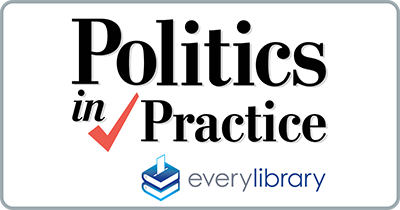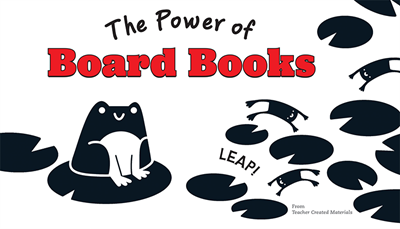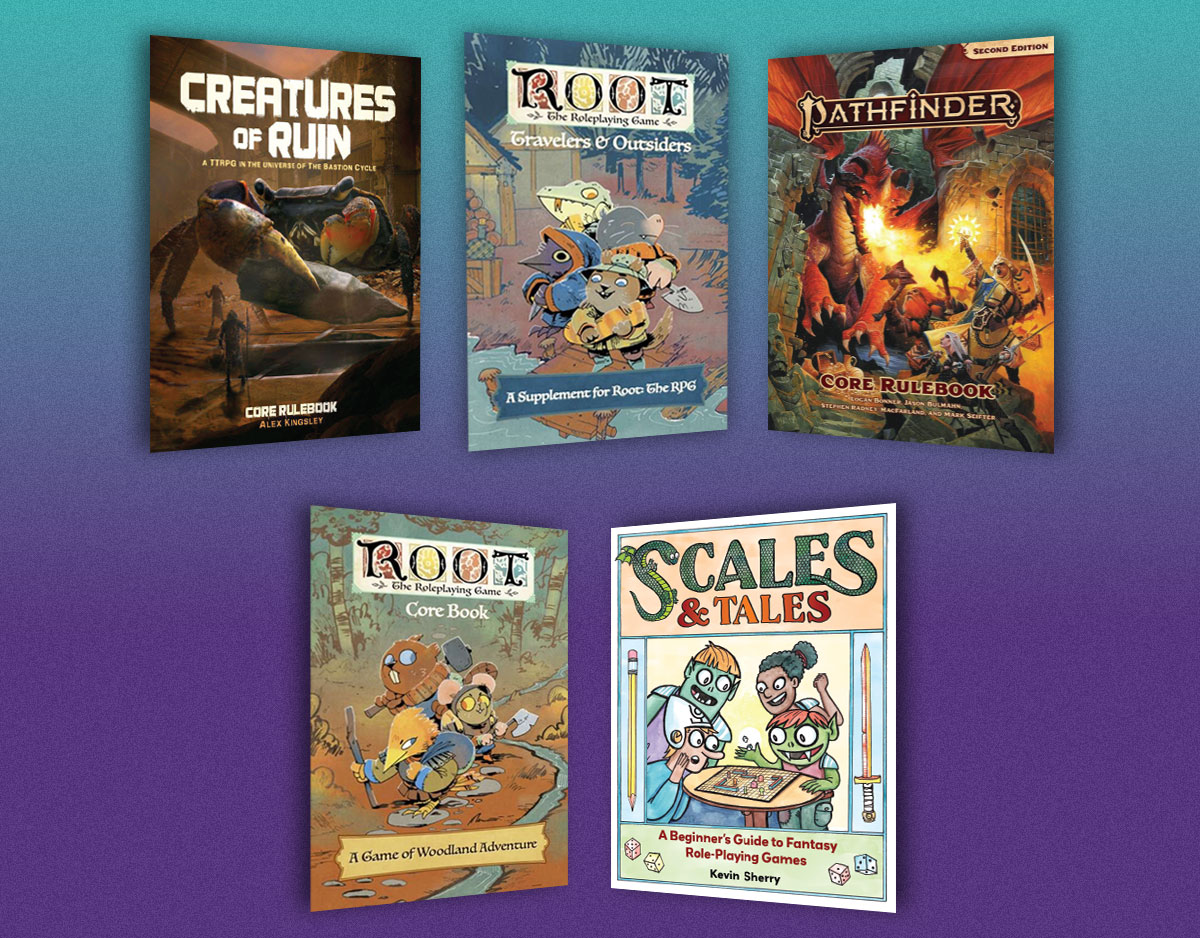Beyond Talking Points: The Importance of Policy Depth
Much of school library advocacy is built on stories. We share anecdotes about the child who discovered themselves in a book, the family who found a welcoming space, and the teacher who relied on the library for instructional support. These stories are crucial; they form the heart of our profession and inspire many of us to do this work.
However, stories alone are not sufficient.
When policymakers are faced with numerous bills, budget lines, and competing demands, what holds weight is not just the human story but the policy argument that supports it. This is where issue briefs and policy briefs become essential tools.
Talking points can inspire supporters, but they rarely influence legislation. A policy brief, on the other hand, explains how a proposal functions or fails in practice. It grounds the conversation in law, enforceability, and precedent.
For example, consider the wave of bills attempting to criminalize librarians under obscenity laws. It’s one thing to say, “This feels wrong.” It’s quite another to demonstrate, through written argument, that such provisions conflict with decades of established state and federal law. Policymakers who might not be swayed by emotional appeals still have to confront constitutional issues and enforceability concerns.
Policy depth conveys seriousness. Legislators and their staff prefer to collaborate with stakeholders who understand the mechanics of government, not just how communities feel. A well-crafted brief signals that school librarians are prepared to engage at a governance level, not merely at an emotional one.
An Issue Brief is the foundation for effective advocacy. Think of an issue brief as the sourdough starter of advocacy. It nurtures every aspect of the campaign:
- Coalition Building with partners who need a common reference point to align their efforts.
- Media Engagement with Journalists and editorial boards who need clear, authoritative explanations.
- Legislative Testimony by witnesses who can draw from the arguments already outlined in the brief.
- Sign-On Letters and Statements that distill and amplify the brief’s core message.
Without a brief as that ‘starter’, these activities risk becoming fragmented. With a brief, everything grows from the same foundation.
A solid policy brief is not an argument against storytelling. Personal and professional narratives remain essential for certain audiences and contexts. However, policy depth engages a different group of stakeholders who are more concerned with structure, law, and governance than heartstrings. It ensures that school librarians are not dismissed as just another group with heartfelt anecdotes but are recognized as professionals with a clear, enforceable vision for education.
The challenge for school librarians and school library associations is to write more, not less. Draft briefs on pending legislation. Outline the policy implications of budget cuts. Articulate how proposals align or fail to align with constitutional principles and state laws.
Every state legislative session sees the introduction of hundreds of bills. Those backed by policy depth can rise above the noise. By investing in this practice, we ensure that school libraries are not just heard but taken seriously in the arenas where decisions are made.
For more on this topic, please view the August 2025 SLJ Webinar with John Chrastka and other state-level library advocates at “Librarians, Legislation, and Media Training: Successfully advocate for libraries in legislature and your local community.”
Filed under: Advocacy, Legislation
About John Chrastka
EveryLibrary’s founder is John Chrastka, a long-time library trustee, supporter, and advocate. John is a former partner in AssociaDirect, a Chicago-based consultancy focused on supporting associations in membership recruitment, conference, and governance activities. He is a former president and member of the Board of Trustees for the Berwyn (IL) Public Library (2006 – 2015) and is a former president of the Reaching Across Illinois Libraries System (RAILS) multi-type library system. He is co-author of “Before the Ballot; Building Support for Library Funding.” and “Winning Elections and Influencing Politicians for Library Funding”. Prior to his work at AssociaDirect, he was Director for Membership Development at the American Library Association (ALA) and a co-founder of the Ed Tech startup ClassMap. He was named a 2014 Mover & Shaker by Library Journal and tweets @mrchrastka.
ADVERTISEMENT
ADVERTISEMENT
SLJ Blog Network
Your 2026 Caldecott Comment Card
ALA Youth Media Awards: The Interviews, Videos, and Behind-the-Scenes of the Winners
Papercutz Unveils ‘The Stone of Shiro’ | News
Book Mail: 50 New and Forthcoming Books
Kelly Yang on Storykind
ADVERTISEMENT






